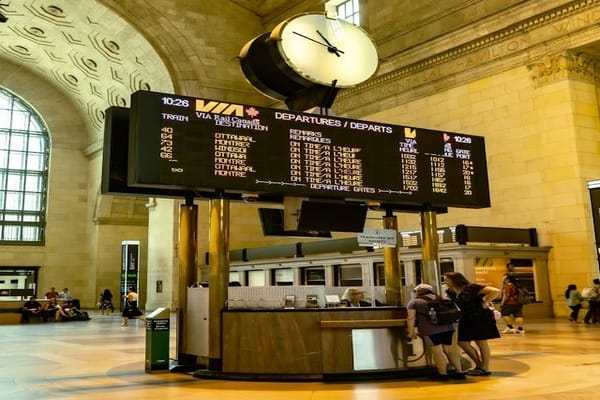Canada’s border security faces significant challenges, particularly when it comes to tracking illegal goods and people entering the country via rail. According to Mark Weber, national president of the Customs and Immigration Union, the Canada Border Services Agency (CBSA) lacks the infrastructure needed to search trains for drugs, people, and other illicit goods crossing the border. This lack of resources is compounded by a shortage of personnel and equipment at official entry points. Weber emphasized that less than one percent of containers moving through Canadian seaports are checked for illegal goods, and the situation is even worse for rail traffic, with no searches conducted at all.
“We don’t know what comes in via train,” Weber stated during an interview on The West Block. He highlighted that Canada should be investing more in the infrastructure necessary to address this gap.
A troubling example occurred in 2019, when Ontario Provincial Police discovered nearly 200 kilograms of methamphetamine hidden in the spare tires of vehicles shipped by rail from Mexico. The drugs were initially found by auto dealership employees in four Ontario communities, and some of the vehicles were later traced to Quebec and New Brunswick.
A 2009 report by The Canadian Press revealed that, at the time, only two officers were responsible for screening the approximately 400,000 rail cars and containers entering Canada each year. This was after a screening program that began in 2000 fell into disrepair.
In response to rising concerns, British Columbia’s premier and lawmakers have called for greater policing and enhanced resources for CBSA to improve the inspection of shipping containers at ports, a key entry point for fentanyl and other illicit goods from China. A report last year compared Canada’s port security to the lax enforcement seen in the classic film On the Waterfront, pointing to corruption and weak oversight. The scrutiny on Canada’s border security has intensified, particularly as U.S. president-elect Donald Trump has called for stricter measures to combat irregular immigration and drug trafficking across North America.



